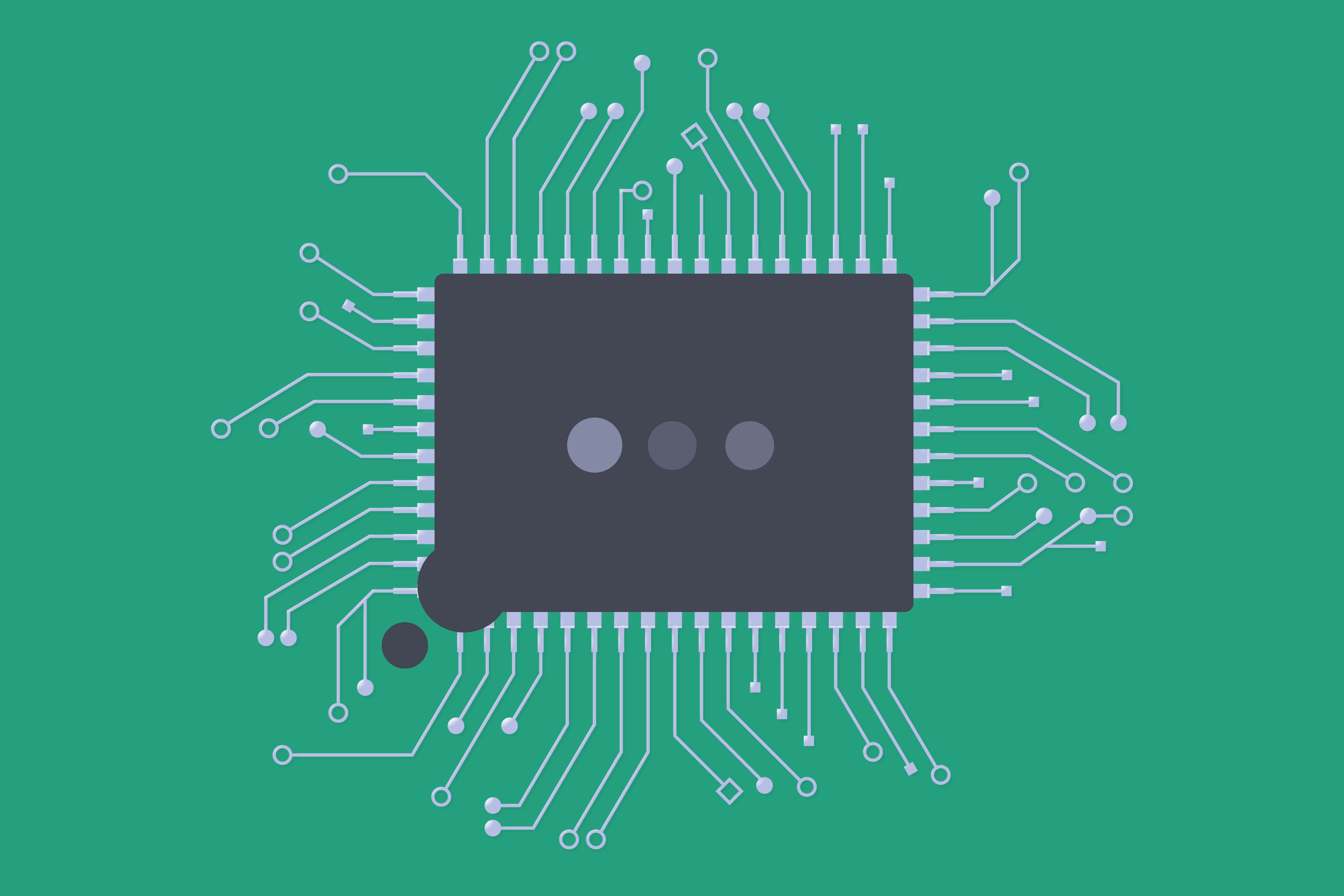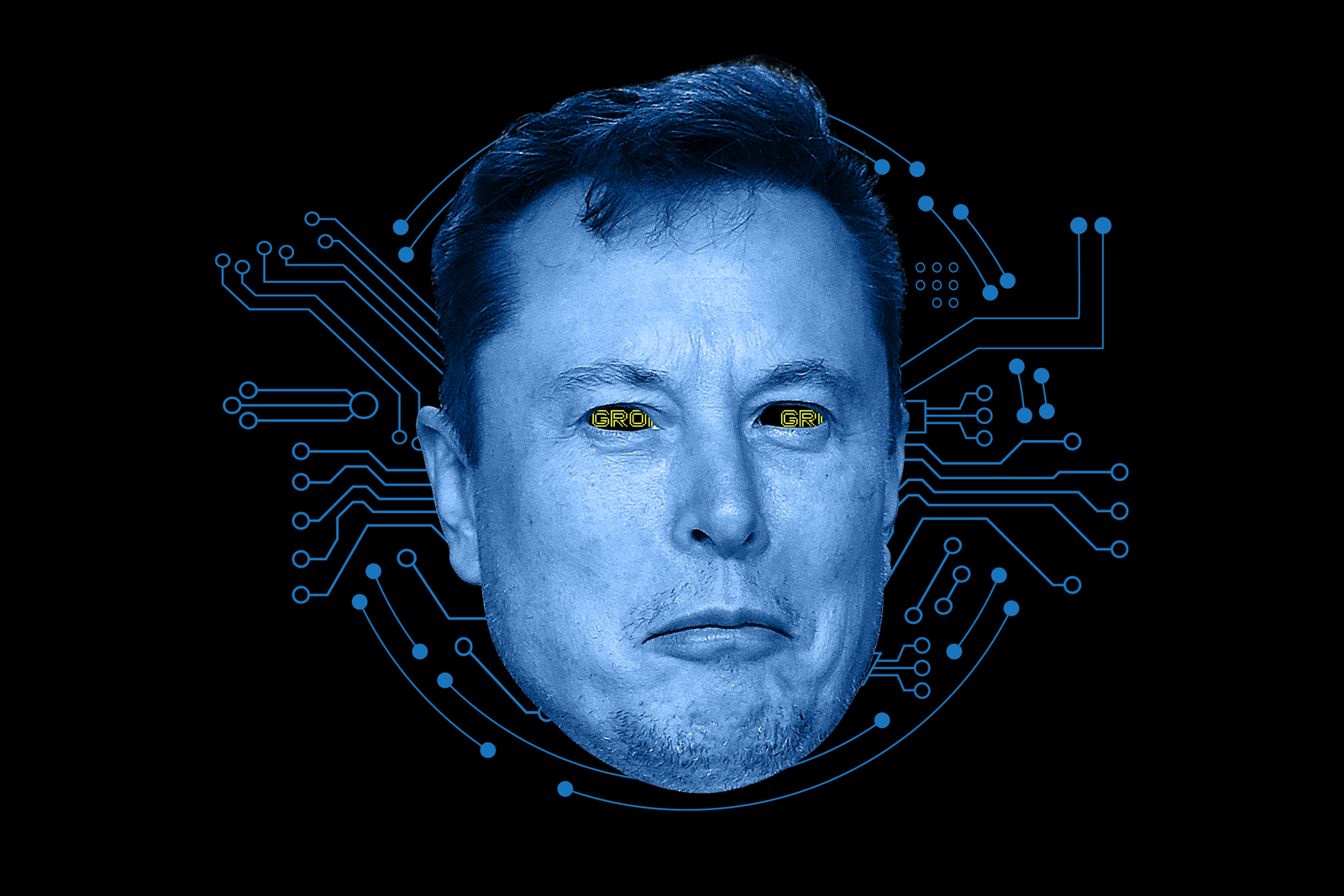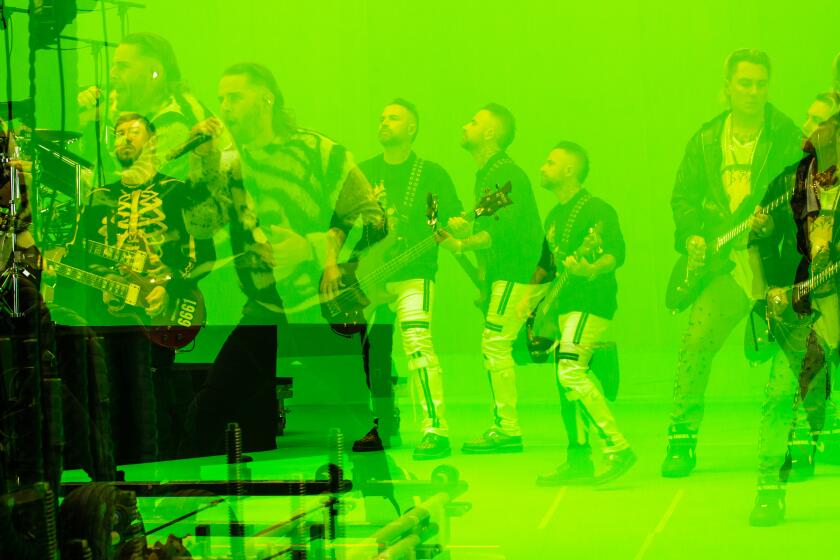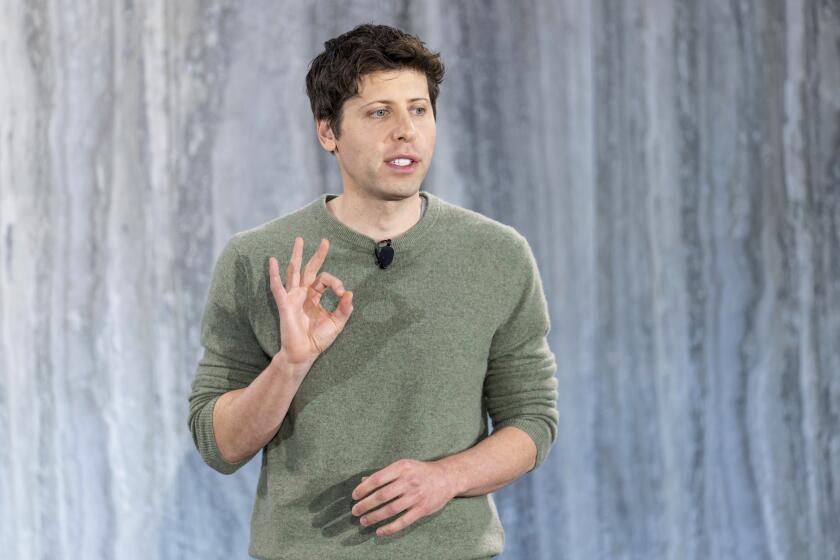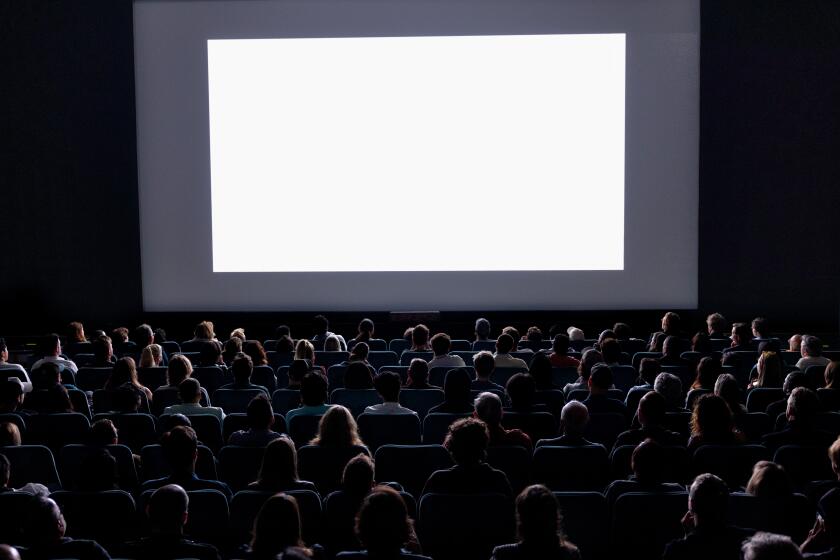
Brian Contreras
Follow Us
Brian Contreras is a former technology reporter with the Los Angeles Times. He covered artificial intelligence and had previously written about social media, influencers and tech regulation. He started with The Times in 2020 as an intern for the Washington bureau and worked for the Company Town team and the Business desk. Before that, he reported for the Seattle Times, San Antonio Express-News, Chautauquan Daily and Stanford Daily.
Latest From This Author
A new deal between the actors’ union and an AI startup opens the door for performers to make and license “clones” of their voices for video games and other digital projects.
If 2023 was the year AI broke into the mainstream, 2024 will almost certainly bring a whole new slate of developments. We asked several experts what we can expect.
Residents of Gaza have been forced to face their own mortality as Israel’s airstrikes and ground offensive continue. This is how Palestinians are saying goodbye.
The Times sat down — or logged in, rather — to interview Grok, Elon Musk’s new AI chatbot, about the billionaire tech mogul and his various controversies.
In one of his first major interviews since getting fired and rehired at artificial intelligence startup OpenAI, Sam Altman spoke with Trevor Noah.
A partnership between Huntington Beach rockers Avenged Sevenfold and the virtual reality startup AmazeVR casts light on how new technologies are shaking up the music industry.
It’s been a whirlwind few days for OpenAI, one of the biggest names in the booming AI sector. Why was CEO Sam Altman abruptly fired — and how did he wind up re-hired again so quickly?
A few tumultuous days at OpenAI, the face of the booming AI industry, has kicked off intense interest among tech recruiters to snap up valuable talent.
In Culver City, a gathering of indie filmmakers who used AI software to make short films takes place amid a broader Hollywood reckoning with automation.
High-profile authors such as Douglas Preston, George R.R. Martin and Michael Connelly are suing tech companies, saying that generative artificial intelligence software is ripping off their copyrighted work. But the legal issues may be complicated.

